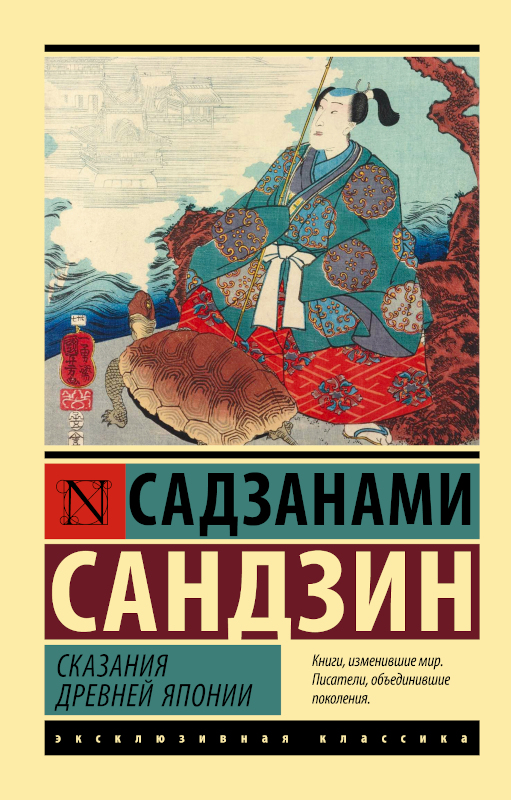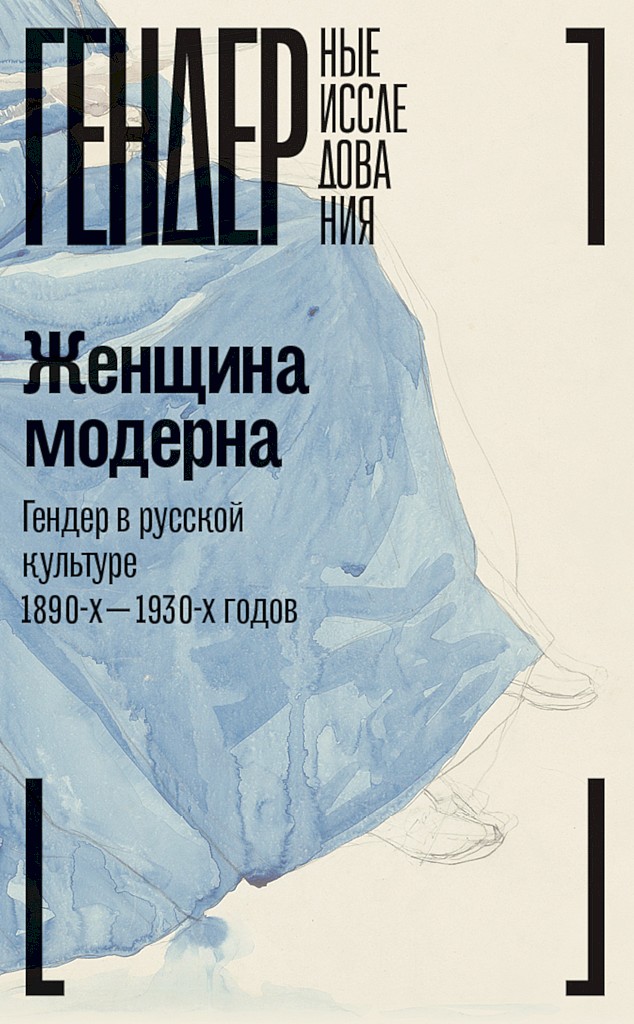Ознакомительная версия. Доступно 18 страниц из 89
Christopher, Gow James. The future of peace support operations: Strategic peacekeeping and success // Armed Forces & Society. 1997. № 23 (3). P. 327–348.
Dandeker, Segal 1996 – Dandeker Christopher, Segal Mady Wechsler. Gender integration in armed forces: Recent policy developments in the United Kingdom // Armed Forces & Society. 1996. № 23 (1). P. 29–47.
Darrow 1996 – Darrow Margaret H. French volunteer nursing and the myth of war experience in World War I // American Historical Review. 1996. № 101 (1). P. 80–106.
Dasgupta 2003 – Dasgupta Romit. Creating corporate warriors: The “salaryman” and masculinity in Japan // Asian masculinities: The meaning and practice of manhood in Chine and Japan / ed. by Kam Louie and Morris Low. London: RoutledgeCurzon, 2003. P. 118–134.
Davenport 1995 – Davenport Brian. Civil-military relations in the post-Soviet state: ‘Loose coupling’ uncoupled? // Armed Forces & Society. 1995. № 21 (2). P. 175–191.
Davis 1996 – Davis Darrell W. Picturing Japaneseness: Monawental style, national identity, Japanese film. New York: Columbia University Press, 1996.
Davis, Burch 1997 – Davis Darrell W., and Noël Burch. Orientarizumu to jidaigeki (Orientalism and period films) // Jidaigeki eiga to wa nant ka (What are period films?) / ed. by Kyōto Eigasai Jikkō Iin-kai. Jinbun shoin, 1997. P. 213–228.
Denim 1993 – Jieikan, fujin keikan, gādoman: genshoku seifuku bijo zukan (SDF, police women, guards: picture book of beautiful women in their working uniforms) // Denim. 1993. № 6. P. 83–96.
Dime 1998 – Shōchō posutā kyara no wake ari kiyō jijō (Reasons for the use of ministerial poster characters) // Dime. 1998, August 20. P. 88–89.
Dobson 2002 – Dobson H. Japanese postage stamps: propaganda and decision making // Japan Forum. 2002. № 14 (1). P. 21–39.
Dobson 2003 – Dobson H. Japan and United Nations peacekeeping: new pressures, new responses. London: RoutledgeCurzon, 2003.
Doi 1968 – Doi Haruo. Kōbe kaigun sōrenjō shikō (Study on the training institute for the navy in Kōbe) // Gunji Shigaku. 1968. № 13. P. 67–84.
Dore 1997 – Dore Ronald. Japan, internationalism and the UN. London: Routledge, 1997.
Douglas 1986 – Douglas Mary. How institutions think. Syracuse, NY: Syracuse University Press, 1986.
Dower 1993 – Dower John W. Japan in war and peace: Selected essays. New York: The New Press, 1993.
Drea 1998 – Drea Edward. In the service of the emperor: Essays on the Imperial Japanese Army. Lincoln: University of Nebraska Press, 1998.
Drifte 1986 – Drifte Reinhart. Arms production in Japan. The military applications of civilian technology. Boulder and London: Westview Press, 1986.
Duus 2001 – Duus Peter. Presidential address: Weapons of the weak, weapons of the strong – The development of the Japanese political cartoon // Journal of Asian Studies. 2001. № 60 (4). P. 965–997.
Ebata 1999 – Ebata Kensuke. Kō mo tsukaeru Jieitai no sōbi (The equipment of the SDF is usable in these ways too). Namiki shobō, 1999.
Eccleston 1989 – Eccleston, Bernard. State and society in post-war Japan. London: Polity Press, 1989.
Economist 1995a – Japan’s nice new nationalism // Economist. 1995, January 14.
Economist 1995b – Japan’s defense industry: slow seppuku // Economist. 1995, August 12.
Economist 1995с – The Japan that cannot say sorry // Economist. 1995, August 12.
Edwards 2003 – Edwards Marie E. The “ladies league”: Gender politics, national identity, and professional sports in Japan. PhD diss., University of Michigan, 2003.
Ehrenreich 1983 – Ehrenreich Barbara. The hearts of men: American dreams and the flight from commitment. New York: Anchor Press; Doubleday, 1983.
Eifler 2001 – Eifler Christine. Bewaffnet und geschminkt: Zur sozialen und kulturellen Konstruktion der Soldatin in Russland und den USA (In arms and makeup: On the social and cultural construction of the female soldier in Russia and the U.S.) // L’Homme: Zeitschriftfür Geschichtswissenschaft (L’Homme: Journal of Hisioriography). 2001. № 12 (1). P. 73–97.
Eifler, Seifert 1999 – Soziale Konstruktionen – Militär und Geschlechterverhāltnis (Social constructions: Military and gender relations / ed. by Christine Eif ler and Ruth Seifert. Münster: Westfälisches Dampfboot, 1999.
Eifler, Seifert 2003 – Zur Einfūhrung: Gender und Militär (Introduction: Gender and the military) // Gender und Militär: Internationale Erfahrungen mit Frauen und Männern in Streitkräften (Gender and the military: International experiences of men and women in the armed forces) / ed. by Christine Eifler and Ruth Seifert. Kōnigstein: Ulrike Helmer Verlag and Heinrich Böll Stiftung, 2003. P. 10–22.
Eirei ni Kotaeru Kai 2001 – Tōkyō saiban no maindo kontorōru (The mind control of the Tokyo Trial) / Eirei ni Kotaeru Kai. Nihon Izokukai, 2001.
Eisenhart 1975 – Eisenhart R. Wayne. You can’t hack it little girl: A discussion of the covert psychological agenda of modern combat training // Journal of Social Issues. 1975. № 31 (4). P. 13–23.
Endō H. 2004 – Endō Hiroko. “Shōjo no tomo” to sono jidai (“Girl’s Companion” and its time). Hon no izumi-sha, 2004.
Endō M. 2002 – Endō Mayumi. Shinshin o supōtsu de kitae mokuhyō ni mukau, kenkōteki na waraigao no rikujō jieikan (Toward the drilling of mind and body through sports, a member of the SDF with a healthy smile) // Securitarian. 2002. № 9. P. 44–45.
Endō Yōichi 1993 – Endō Yōichi. Jieitai de seikatsu suru to iu koto (What it means to live in the SDF) // Gunshuku Mondai Shiryō. 1993. № 9 (154). P. 34–35.
Endō Yoshinobu 1974 – Endō Yoshinobu. Rikugun shōkō ni yoru kyōikugaku kenkyūjō (The Center of Pedagogical Studies according to an army officer) // Gunji Shigaku. 1974. № 36. P. 17–25.
Enloe 1990 – Enloe Cynthia H. Bananas, beaches and bases: Making feminisi sense of international politics. Berkeley: University of California Press, 1990.
Enloe 1993 – Enloe Cynthia H. Sexual politics at the end of the cold war: The morning after. Berkeley; Los Angeles: University of California Press, 1993.
Enloe 1994 – Enloe Cynthia H. The politics of constructing the American woman soldier // Women soldiers: Images and realities / ed. by Valeria E. Russo, Lorenza Sebesta and Elisabetta Addis. New York: St. Martin’s Press, 1994. P. 81–110.
Enloe 2000 – Enloe Cynthia H. Maneuvers: The international politics of militarizing women’s lives. Berkeley: University of California Press, 2000.
Eschebach 1993 – Eschebach Insa. ‘Das Opfer deutscher Mānner’ Zur Funktion des Opferbegriffs in der Rezeptionsgeschichte der Schlacht um Stalingrad (“The sacrifice of German men” on the function of “sacrifice in the history of the reception of the battle of Stalingrad) // Sozialwissenschaftliche Informationen (Social Science Information). 1993. № 22 (1). P. 37–41.
Etō 1995 – Etō Jun. A nation in search of reality // Japan Echo. 1995. № 22. P. 63–71.
Farr 1998 – Farr Robert M. From collective to social representations: Aller et retour // Culture and Psychology. 1998. № 4 (3). P. 275–296.
Farris 1995 – Farris, William Wayne. Heavenly warriors: The evolution
Ознакомительная версия. Доступно 18 страниц из 89
























